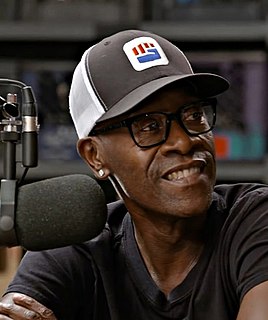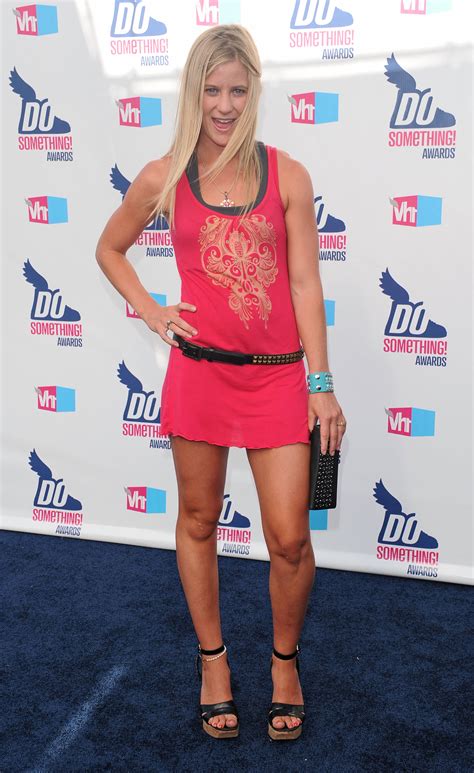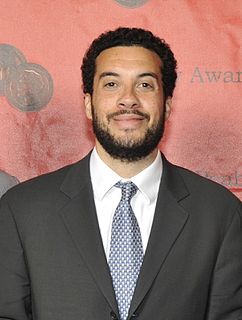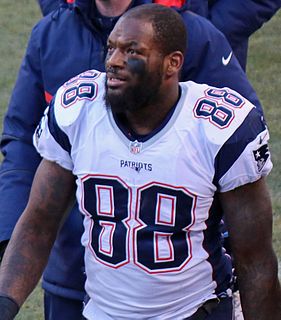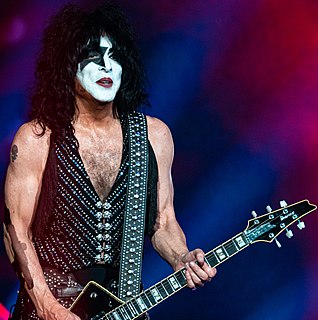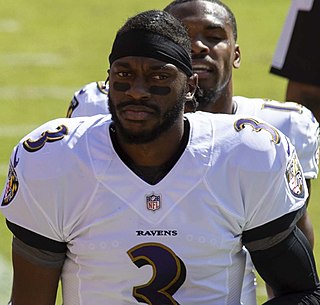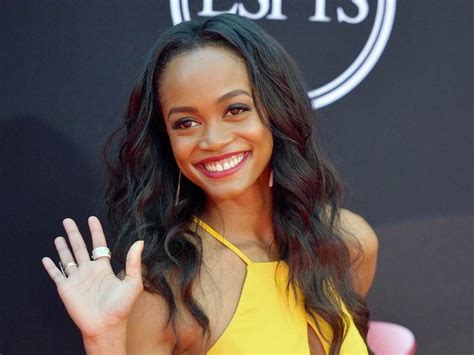A Quote by Jemele Hill
A black athlete being reduced to a savage is, sadly, nothing new.
Related Quotes
O.J. Simpson existed in a bubble. So when Harry Edwards approached him about being involved in the Olympic Project for Human Rights, O.J.'s response was, famously, "I'm not black - I'm O.J." O.J. had ambitions to be famous, rich and liked by everyone, and I think he understood that being political and militant as a black athlete was not a way to engender universal love.
Iron and coal dominated everywhere, from grey to black: the black boots, the black stove-pipe hat, the black coach or carriage, the black iron frame of the hearth, the black cooking pots and pans and stoves. Was it a mourning? Was it protective coloration? Was it mere depression of the senses? No matter what the original color of the paleotechnic milieu might be it was soon reduced by reason of the soot and cinders that accompanied its activities, to its characteristic tones, grey, dirty-brown, black.
I felt like it was a courageous show [Black-ish] from the beginning. We are a black family - we're not a family that happens to be black. But the show is not even about us being black. The show is about us being a family. That is groundbreaking - on TV, the black characters either happen to be black or they're the "black character," where everything they say is about being black. I think that's the genius.
Knowing that I was potentially going to be the first black Bachelorette actually held me back from wanting to do it. With the first, there's always so much pressure. And I knew I was going to be new to the audience as a lead for a number of reasons - being over 30, being a career woman, and also being black.

